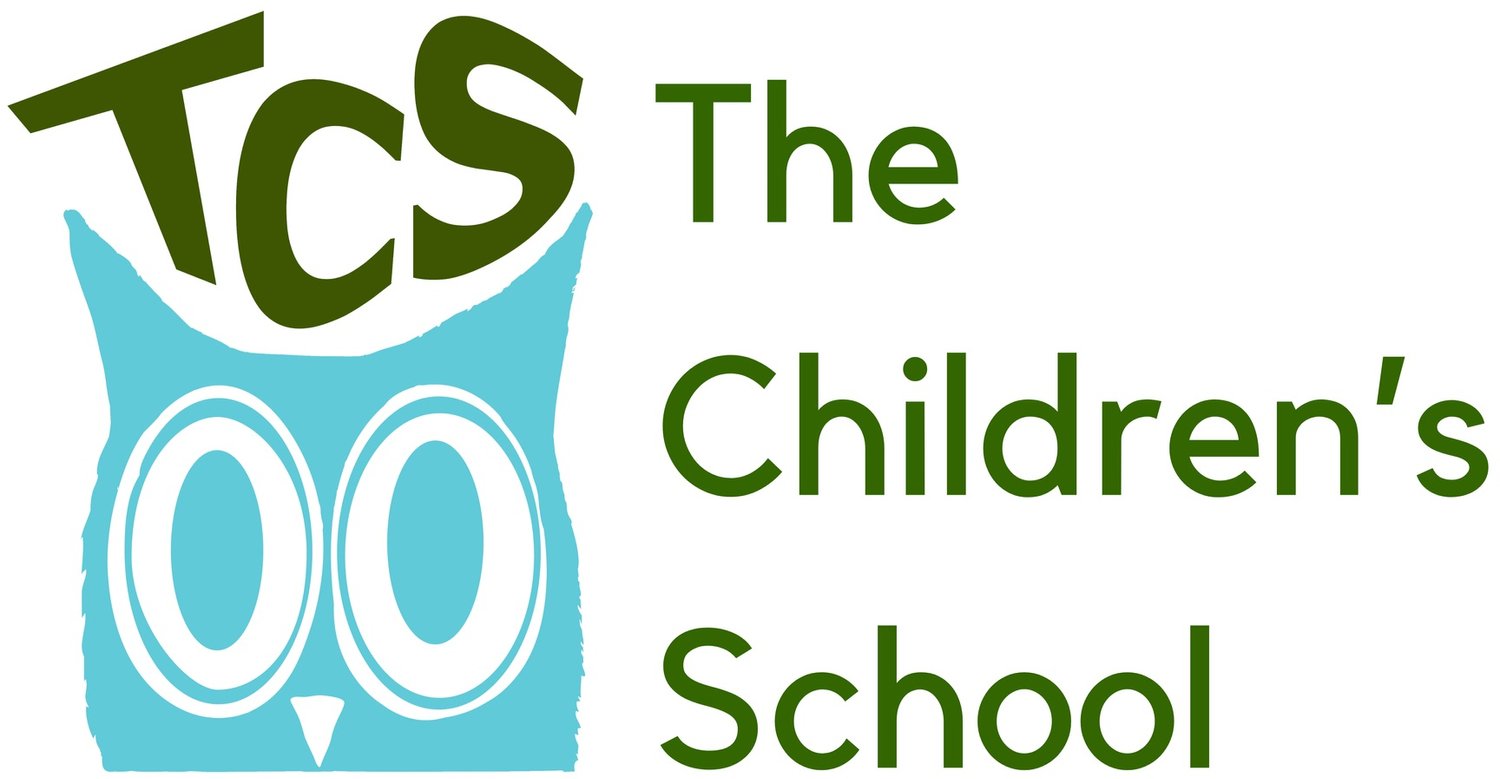OUR PHILOSHOPHY
CURRICULUM
Our curriculum is driven by the Washington State Early Learning and Development Guidelines and our teachers use a variety of resources and strategies to enhance learning. They observe and reflect on children's progress to inform lesson planning and support children's individual learning. Children's progress is communicated formally with families in parent-teacher conferences throughout the school year.
We also draw inspiration from the standards and guidelines for the National Association for the Education of Young Children (NAEYC).
We use an emergent/constructivist curriculum approach. This approach is flexible and responsive to children's interests and experiences, prioritizing young children’s right to play, self-expression and exploration. Indeed, the key role of the teacher in this approach is to spark children’s curiosity and sense of discovery. Emergent curriculum grounds our classrooms in the lived realities of our families, our local neighborhood and our larger social context.
In our program, in line with evidence-based practice, the emphasis is on children’s ability to play, explore and discover - with exposure to language, literacy, mathematics, science, etc integrated throughout the learning environment. We are big believers in process-driven over product-driven activities in general. This means that while learning to follow instructions is important, we encourage most of our play time (including art) to be open-ended tinkering for exploring materials, creative expression, and discovery. While definitely messier, we think it's worth it to spark life-long curiosity and inquiry!
DIVERSITY, EQUITY AND INCLUSION
Preschool is a valuable and critical opportunity to learn about ourselves, our neighbors and our community. We affirm children’s developing sense of self, acknowledge and celebrate the differences in each other, help children recognize and respond to unfairness, and build their empathy and advocacy skills. We further support children’s social-emotional development by taking the time to teach and practice conflict-resolution, communication and problem-solving skills. As an organization, we continue work on increasing our anti-bias practices in and out of the classrooms.
DISCIPLINE
We trace the word “discipline” back to its roots, meaning “to instruct or teach, to learn.” Young children are just learning how to get along in a group. The role of the teacher is to help children learn acceptable ways to express and meet their needs. Fundamentally, we view conflict and “misbehavior” as an opportunity to teach children social-emotional and self-regulation skills in a safe and caring environment.
At TCS this looks like setting clear expectations for how we treat each other, giving reasons that children can understand and holding children accountable for meeting those expectations. We teach behavior skills in the context of a child’s relationship to others. We make sure each child’s voice is heard and personal needs are accommodated. Just like all areas of learning, we use a variety of strategies to teach social-emotional, self-regulation skills including modeling, role play / puppets, books and storytelling, direct instruction, etc and we ensure our expectations are developmentally appropriate.
